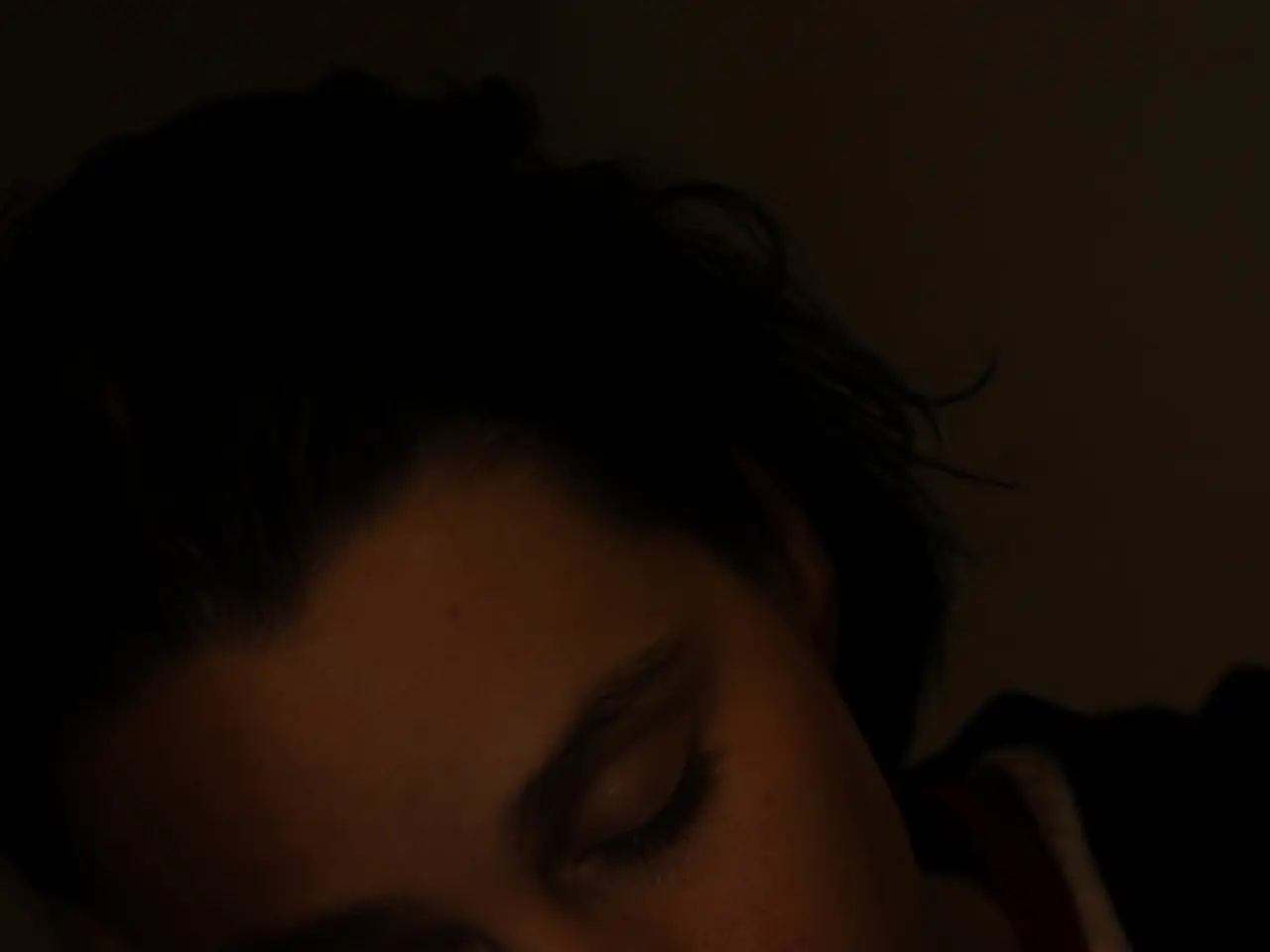Melatonin Linked to Odd Dreams and Creepy Nighttime Visions?
Melatonin, a hormone naturally produced by the body, plays a crucial role in regulating sleep-wake cycles. It's often associated with improved sleep quality and longer sleep duration, but its impact on dreams is a topic of interest.
Contrary to popular belief, there's no concrete evidence supporting the claim that melatonin supplements cause nightmares. However, potential connections have been theorized. One hypothesis suggests that melatonin's influence on REM sleep regulation may alter dream intensity or emotional content during sleep, potentially leading to vivid dreams or unusual dreams. Another theory posits that taking melatonin supplements might unintentionally release suppressed thoughts during REM sleep, increasing the risk of nightmares.
Taking a melatonin supplement may result in longer stretches of REM sleep, which is the stage of sleep where dreaming occurs. This could potentially explain the occurrence of vivid dreams. However, it's important to note that the actual content of the supplement may differ from what is claimed on the label, as melatonin supplements are not regulated and tested the same as medications.
Melatonin levels in the body are influenced by light exposure, with the brain producing more melatonin when it gets dark. This hormone improves sleep quality, total sleep time, and the time it takes to fall asleep for people with insomnia, according to a 2013 review of 19 studies involving 1,683 people.
However, it's essential to be cautious when taking melatonin supplements. They should not be mixed with alcohol and can be problematic for people with epilepsy, liver disease, kidney disease, autoimmune conditions, depression, seizure disorders, dementia, pregnant or breastfeeding individuals, and those dealing with trauma, anxiety, PTSD, obstructive sleep apnea, or insomnia.
Moreover, melatonin supplements can interact with a variety of prescription medications, over-the-counter meds, and other sleep aids, so it's crucial to keep your doctor informed if you want to start taking melatonin.
To help reduce the risk of vivid dreams or nightmares while taking melatonin, consider taking it 1 hour before bed, unwinding before sleep, keeping a dream journal, trying therapy, or taking melatonin in smaller doses. It's also worth noting that there is no solid evidence that melatonin supplements cause particularly weird or bad dreams.
Potential side effects of taking melatonin include headache, sleepiness, dizziness, frequent urination, stomach discomfort, and nausea. Less common side effects can include cramps, irritability, low blood pressure, confusion, depression, anxiety, and confusion.
During the REM stage of sleep, melatonin helps release vasotocin, a substance that helps the brain erase memories while dreaming. This suggests that melatonin may play a role in memory consolidation and cognitive housekeeping, sorting and connecting images from real life, solving problems, packing things away for long-term storage, and taking out the trash.
In conclusion, while melatonin supplements can be beneficial for those struggling with sleep issues, it's crucial to approach their use with caution, considering potential interactions with other medications and the possible effects on dreams. As always, it's advisable to consult with a healthcare professional before starting any new supplement regimen.
Read also:
- Americans Lose Insurance Under New Tax Legislation, Affecting 10 Million Citizens
- Escalating Fatal Accidents in Mainz 2025: A 144% Surge - Police to Enhance Elderly Safety Measures
- Ibuprofen-induced Ulcers: Consequences, Signs, Root Causes, and Additional Information
- TMJ Osteoarthritis: A Comprehensive Look at Its Nature




